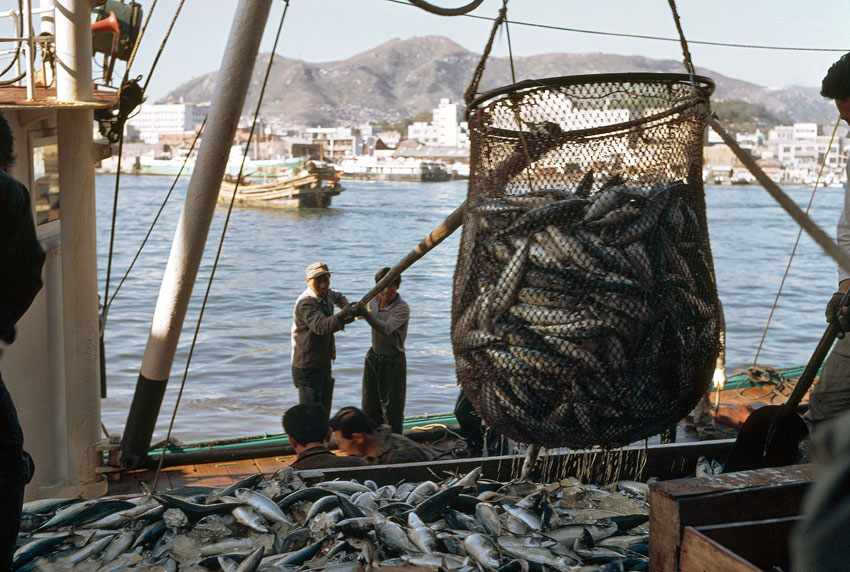November 22, 2024 23:18 (IST)

UN highlights growing role of aquaculture in providing jobs
New York, May 20 (IBNS): A new United Nations report highlights the growing role of fish and aquaculture in feeding the world and providing a source of income, and calls for the sustainable and responsible management of the so-called 'blue world.'
Global fisheries and aquaculture production totalled 158 million tonnes in 2012 – around 10 million tonnes more than 2010 – according to the latest edition of “The State of World Fisheries and Aquaculture,” produced by the Food and Agriculture Organization (FAO).
The report highlights the great potential of fish farming in responding to the growing demand for food as a result of global population growth. In addition, the planet’s oceans – if sustainably managed – are crucial to providing jobs and feeding the world.
“The health of our planet as well as our own health and future food security all hinge on how we treat the blue world,” FAO Director-General José Graziano da Silva said in a news release.
“We need to ensure that environmental well-being is compatible with human well-being in order to make long-term sustainable prosperity a reality for all,” he noted, adding that FAO is committed to promoting ‘Blue Growth,’ which is based on the sustainable and responsible management of aquatic resources.
FAO notes that the renewed focus on the so-called ‘blue world’ comes as the share of fisheries production used for food has grown from about 70 per cent in the 1980s to a record high of more than 85 per cent (136 million tonnes) in 2012. At the same time, per capita fish consumption has soared from 10 kilogrammes in the 1960s to more than 19 kilogrammes in 2012.
The new report also says fish now accounts for almost 17 per cent of the global population’s intake of protein – in some coastal and island countries it can top 70 per cent.
FAO estimates that fisheries and aquaculture support the livelihoods of 10 to 12 per cent of the world’s population. Since 1990 employment in the sector has grown at a faster rate than the world’s population and in 2012 provided jobs for some 60 million people. Of these, 84 per cent were employed in Asia, followed by Africa with about 10 per cent.
Among other findings in the report are that just over 70 per cent of wild fish stocks are being fished within biologically sustainable levels; fish remains among the most traded food commodities worldwide, worth almost USD 130 billion in 2012; and an estimated 1.3 billion tonnes of food are lost per year – to about one-third of all food produced.
(Fishermen unload their catch of mackerel at a fish market. UN Photo/M Guthrie)
Support Our Journalism
We cannot do without you.. your contribution supports unbiased journalism
IBNS is not driven by any ism- not wokeism, not racism, not skewed secularism, not hyper right-wing or left liberal ideals, nor by any hardline religious beliefs or hyper nationalism. We want to serve you good old objective news, as they are. We do not judge or preach. We let people decide for themselves. We only try to present factual and well-sourced news.
Support objective journalism for a small contribution.
Latest Headlines
Mahindra teases sketches of BE 6e, XEV 9e Fri, Nov 22 2024
Ather Energy Limited unveils ‘Eight70 Warranty’ for the battery of its electric scooters Fri, Nov 22 2024
Bitcoin soars to all-time high, nearing the $100,000 milestone Fri, Nov 22 2024
Mukesh Ambani's Jio loses nearly 80 lakh subscribers in just 30 days; BSNL emerges as a gainer Fri, Nov 22 2024
Kenya cancels Adani airport and energy deals following US bribery indictment: Report Fri, Nov 22 2024
Why is US probing Gautam Adani over allegations of bribery in India? Thu, Nov 21 2024
Elon Musk's xAI raises $5 billion, doubling valuation to $50 billion Thu, Nov 21 2024







